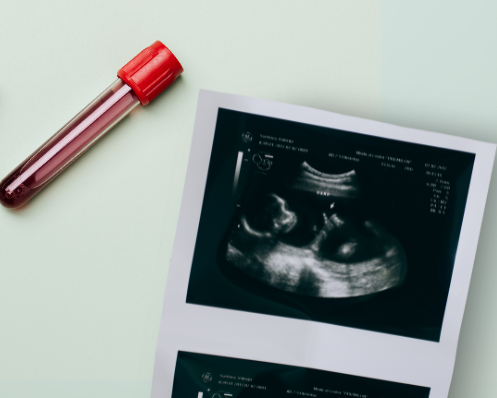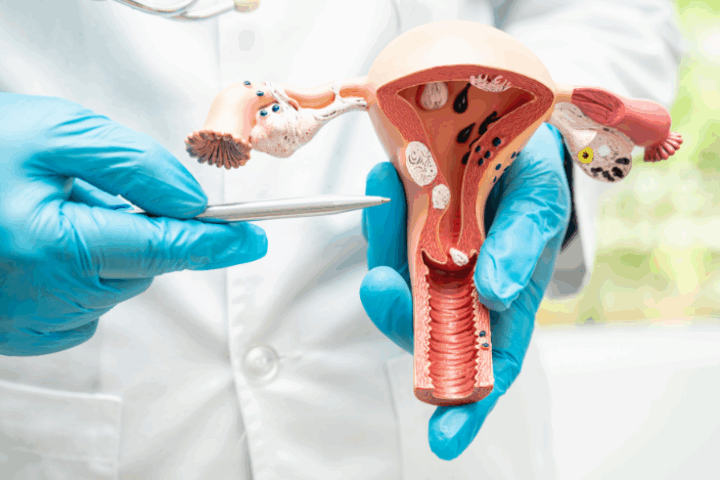For many people, the topic of abortion and fertility raises questions—especially for those who are planning to start or expand a family in the future. One of the most common concerns is whether having an abortion can affect the ability to get pregnant later. Here’s what you need to know.
There are two types of abortion:
- Medical abortion involves taking medication (usually two pills) to end a pregnancy, typically in the first 10–11 weeks.
- Surgical abortion is a quick procedure done in a clinic to remove the pregnancy tissue from the uterus.
Can Abortion Cause Infertility?
In short: No, abortion does not cause infertility. This is a common myth, but it’s not supported by medical evidence. Both methods are very safe when performed properly by a qualified, board-certified provider.
Are there Risks with Abortion that Affect Future Fertility?
The risks associated with a surgical abortion, such as a dilation and curettage (D&C), are similar to those of any medical procedure involving the uterus. These include:
- Light bleeding
- Risk of infection
- Rare cases of uterine perforation (less than 1%)
These are uncommon and do not affect long-term fertility—especially when an experienced provider does the procedure. In fact, these risks are no different from those associated with other common gynecological procedures.
What If You Have Trouble Getting Pregnant After an Abortion?
If someone experiences difficulty getting pregnant after an abortion, it is usually unrelated to the abortion itself. This is known as secondary infertility, and it can happen for many reasons—like hormonal imbalances, ovulation issues, or underlying conditions such as endometriosis or PCOS.
In these cases, it is best to consult a reproductive endocrinologist (REI) for a full fertility workup and personalized care.
What Can You Do to Support a Healthy Pregnancy?
If you are trying to conceive, there are a few proactive steps you can take to improve your chances of a healthy pregnancy:
- Schedule a preconception visit with your OBGYN or primary care doctor
- Start taking folic acid or a prenatal vitamin
- Consider genetic carrier screening
- Maintain a healthy lifestyle (including diet, exercise, and managing stress)
- Once pregnant, see your OBGYN within 6–8 weeks and attend all prenatal visits
Early care and consistent follow-up play a big role in pregnancy health.
When Should You See a Fertility Specialist?
Knowing when to seek the help of a fertility specialist can save you time and provide peace of mind. It’s time to see a fertility specialist:
- Under 35: If you are under the age of 35 and have been trying to conceive for at least one year without success.
- Over 35: If you are over the age of 35 and have been trying for at least six months without conception.
- 40 and over: Women 40 years of age and older should see a specialist without waiting.
Additionally, you should make an appointment to see a specialist if you have been diagnosed with a condition that can affect fertility, such as PCOS or endometriosis. A fertility specialist can perform a comprehensive workup to help identify any underlying causes and create a plan tailored to your specific needs.
This information has been medically reviewed by Ruchi K. Amin, MD, a reproductive endocrinologist at Genesis Fertility.
If you would like to learn more about GENESIS Fertility New York or are ready to schedule an appointment, please speak with one of our representatives at 929-605-5467.





